Before Vladimir Putin invaded Ukraine, some of the Kremlin’s staunchest friends in Europe were the energy executives who lobbied for ever greater dependence on Russian gas and their political allies. The war – and the still-unexplained destruction of the two Nord Stream pipelines which connected Germany directly to Russia last September – sent Russia’s share of European gas supplies plummeting from over 40 per cent to around 5 per cent. Sweeping US and EU sanctions made doing business with Russian state-owned companies not only taboo but illegal.
Nonetheless, many of Europe’s energy tsars, industrialists and politicians still dream of restoring cheap Russian gas supplies – and are making increasingly public calls for a return to business as usual. Michael Kretschmer, premier of the German state of Saxony, recently called for the destroyed Nord Stream-1 pipeline to be repaired.
‘The lesson from the Ukraine war, after all, is that you need options’ for energy supplies, Kretschmer told a television interviewer in March. Preventing further damage to the blown-up pipe was ‘an imperative of common sense,’ he said, so that it can be made operational after the war’s end. ‘We owe it to future generations.’ And this week the board of Italy’s energy giant ENEL will vote on appointing Paolo Scaroni – a veteran ally of pro-Putin former prime minister Silvio Berlusconi – as chairman of the company. Between 2002 and 2014 as CEO of ENEL, and later of Italy’s other energy giant, ENI, Scaroni signed huge deals with Russia’s Gazprom which made Italy as dependent on Russian has as their northern neighbour Germany. In the wake of Putin’s invasion of Ukraine Scaroni has publicly opposed sanctions on Russia and has argued that Italy needs Russian gas for at least another decade.
Many of Europe’s energy tsars, industrialists and politicians still dream of restoring cheap Russian gas supplies
‘The ‘business as usual’ crowd led by the likes of [former German chancellor Gerhard] Schroder and Scaroni will be pushing for doing deals on gas flows with Moscow,’ says Alan Riley, a senior fellow at the Atlantic Council Global Energy Center. ‘It is not too difficult to see the game play. Europe becomes tired of the Russo-Ukrainian war, next winter is cold, China imports more Liquefied Natural Gas (LNG) and natural gas prices rise across the continent.’
Three factors make the eventual return of Gazprom to Europe more likely: the volatile price and tight supply of LNG, which is currently filling the gap left by the destruction of the Nord Stream pipelines; European industry’s systemic reliance on cheap energy; and the closing of nuclear power stations by German and Italian environmentally-minded politicians without investing in the renewable energy infrastructure to compensate.
The end of cheap Gazprom gas ‘calls the viability of the German economy into question,’ says Ben Aris of BNE Intellinews, a Berlin-based strategic analyst. Last May, the German economy registered a trade deficit for the first time in 30 years, and chemicals giant BASF was forced to close over 100 plants because of spiking energy prices.
‘If the source of Germany prosperity is gone, the effects of a loss-making Germany will ripple across all Europe’s economies,’ says Aris. Though Europe’s wholesale gas prices are currently back at pre-war levels – having spiked by nearly 20 times over the summer of 2022 – the global price of LNG is set to rise again as Chinese demand increases.
In the first months of the war, widespread European support for Ukraine meant that energy consumers across the continent were prepared to accept soaring energy costs as the price of helping Kyiv resist Russian aggression. But polls show that an ongoing cost-of-living crisis and high inflation is fast eroding that solidarity. A February poll showed that 56 per cent of Germans thought that current economic problems made it ‘impossible for Germany to financially support Ukraine’ – up from 47 per cent in March 2022. Some 43 per cent believe that Germany should ‘not get involved in the problems of Ukraine’ – again up by 11 per cent from a year before. During recent violent protests in France some protesters blasted Emmanuel Macron for sending money to Ukraine rather than fixing problems at home. And in Italy a poll by the daily Corriere della Sera showed some 45 per cent of Italians were against sending weapons to Ukraine, with just 34 per cent in favour.
So far, Europe’s leaders from Macron to Germany’s Olaf Scholtz and Italy’s Georgia Meloni have stood firm on both arms supplies to Kyiv and on continued sanctions on the Kremlin. But both Scholtz and Meloni face significant pushback, not only from their opponents, but from their coalition allies. Scholtz’s CDU/CSU Christian Democratic Union has been repeatedly outvoted in the Bundestag on a series of bills increasing German military aid. And Meloni earlier this month was forced to shout down opponents of her continued support for Ukraine in parliament, bellowing out that ‘the Ukrainian people are defending the values of freedom and democracy on which our civilisation is based, and the very foundations of international law.’ Even supporters of Meloni’s Brothers of Italy party have misgivings, with 47 per cent telling pollsters they were against arms supplies.
According to leaks from inside the Italian government, Meloni was pushed to name Scaroni as the state’s nominee for ENEL chairman after strong pressure from junior coalition partners Berlusconi and Matteo Salvini, the leader of the far-right Liga (League) party. Last year, the 86-year-old Berlusconi publicly blamed Ukrainian president Volodimir Zelensky for starting the war and said that he wanted to put ‘decent people’ in charge in Kyiv. And Salvini was, before the outbreak of war, an open admirer of Putin’s, whom he once described as ‘one of the greatest statesmen in the world today.’
Scaroni’s appointment to ENEL has been fiercely opposed by many minority shareholders, including London-based Covalis Capital, whose founder Zach Mecelis claimed that the company was trading at a ’30 to 40 per cent discount’ due to its management choices. Many supporters of Ukraine fear that Scaroni’s appointment is likely to undermine US and European efforts to reduce demand and cap prices on Russian energy exports and curb Russian influence over the continent.
But with war fatigue setting in among European voters and powerful industry lobbies pushing for a return of cheap gas, ENEL’s choice of a pro-Putin chairman is likely to be the first of many baby steps towards an eventual post-war normalisation of doing business with the Kremlin.
Got something to add? Join the discussion and comment below.
Get 10 issues for just $10
Subscribe to The Spectator Australia today for the next 10 magazine issues, plus full online access, for just $10.

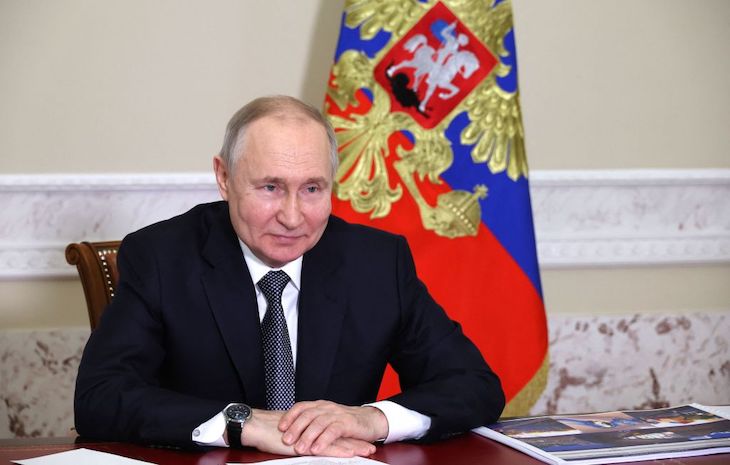
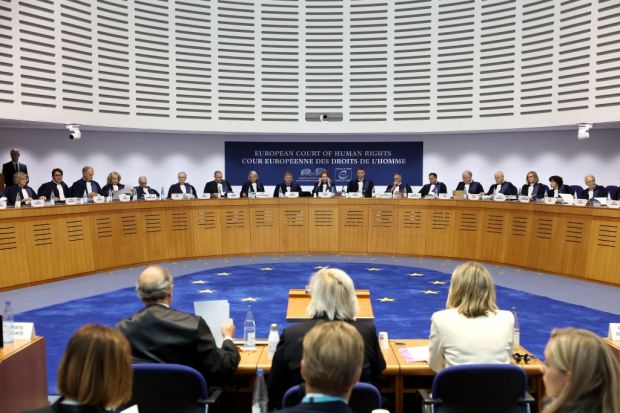
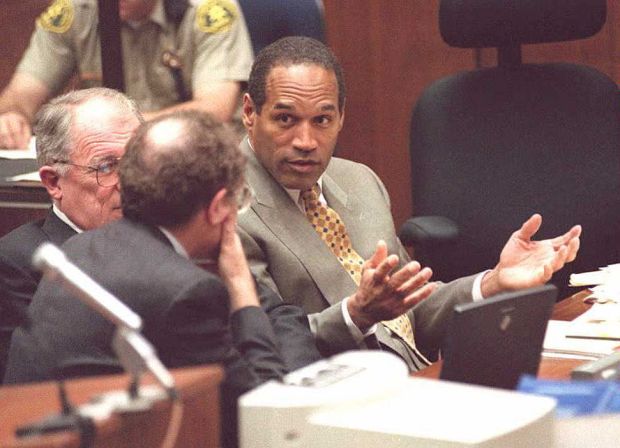
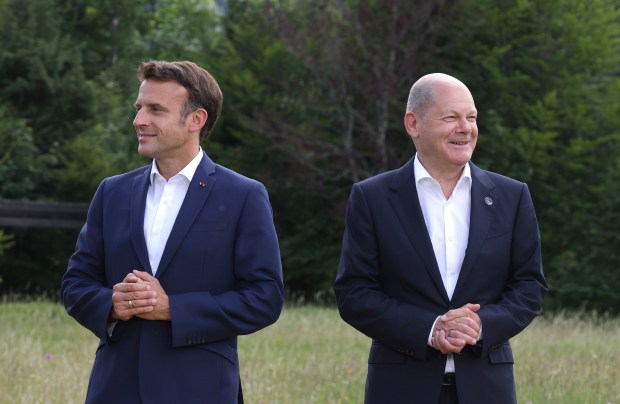
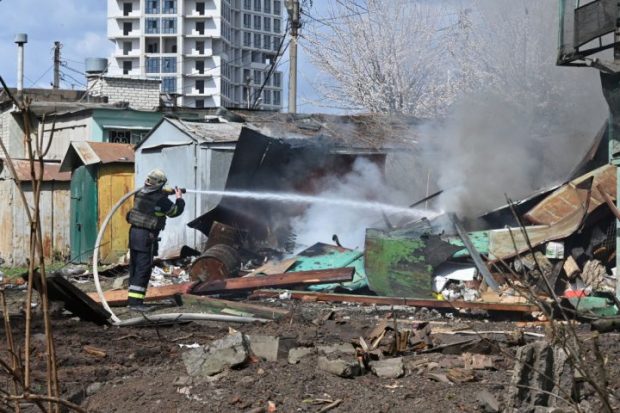
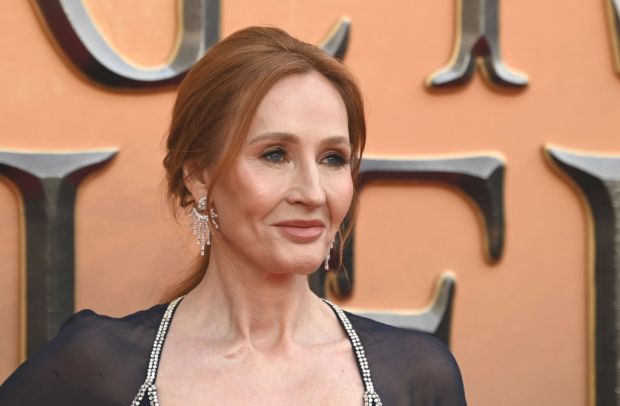
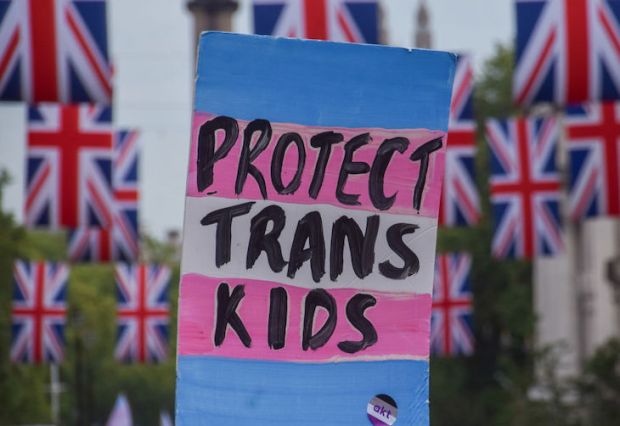












Comments
Don't miss out
Join the conversation with other Spectator Australia readers. Subscribe to leave a comment.
SUBSCRIBEAlready a subscriber? Log in